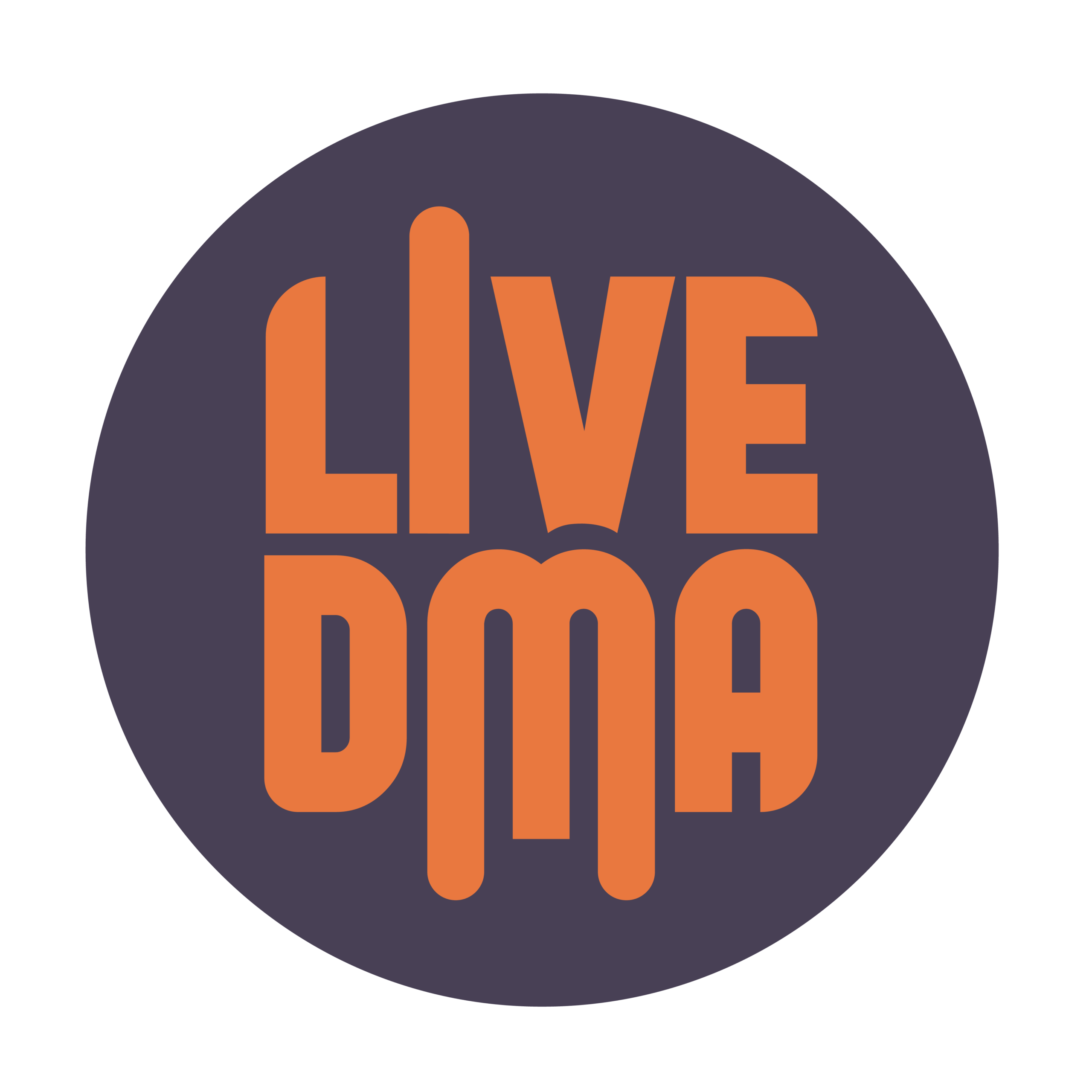First concrete contact between a venue and its audience, concert tickets were originally used to count the number of people attending a gig and serve as justification of the income of a concert. Nowadays, tickets have become a powerful marketing tool and an efficient way of collecting audience data.
As online ticket sales become more and more common in the live music sector, the resource needed to sell tickets online becomes more and more complex. Live music venues delegate these tasks to private companies. For many concerts, the tickets are not sold directly by the venue hosting the concert but by big private companies whose objective is mainly profit.
These companies have a monopoly on the ticket sales and on the data they gather thanks to the ticket sales. They increase the cost of the tickets to take a commission on them: this money is not reinjected in the live music sector but goes to the companies, which have a control over the amount of the commission money they receive.
This situation threatens the live music scene as venues, clubs and festivals cannot perform what constitutes the core of their activity (sell concert tickets). As they delegate this task to external companies, the music venues do not own their data and often have trouble keeping track of their ticket sales. They have become dependent of ticketing monopoly companies.
To counter this, three organisations from the Live DMA network developed their own fair ticketing systems, which empowers the live music venues, clubs and festivals. Such systems give the venues more independence as they can have a better grasp on their ticket sales and the data they collect thanks to it. These systems inscribe themselves in the circular economy as the commission taken by the fair ticketing system goes directly into the live music scene.
